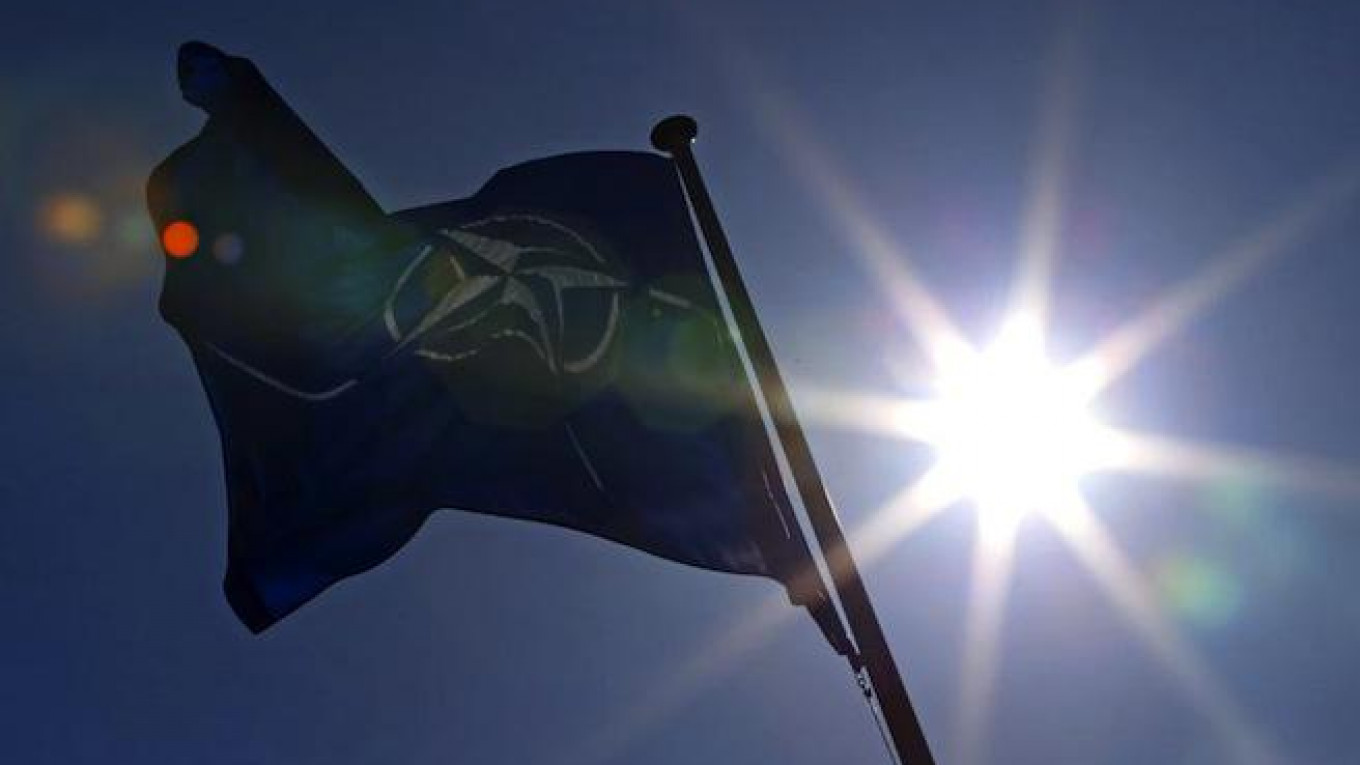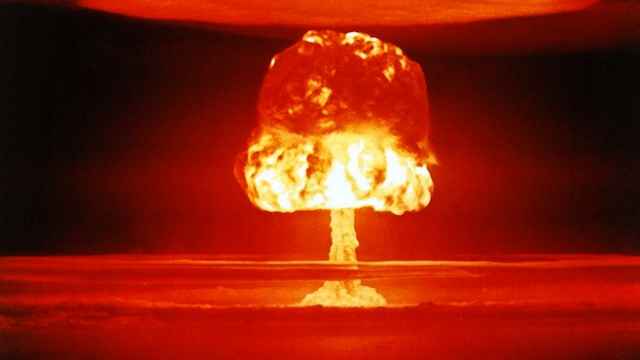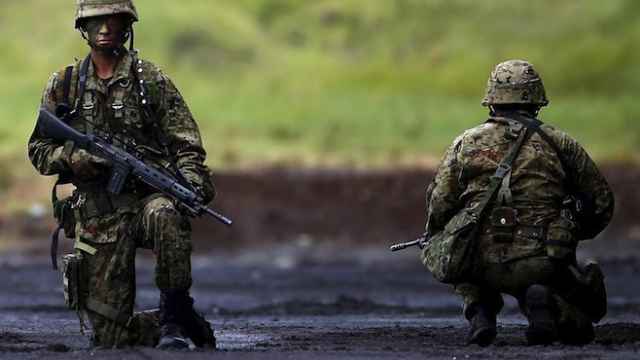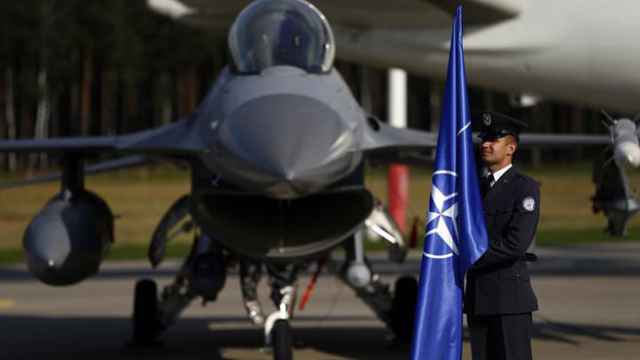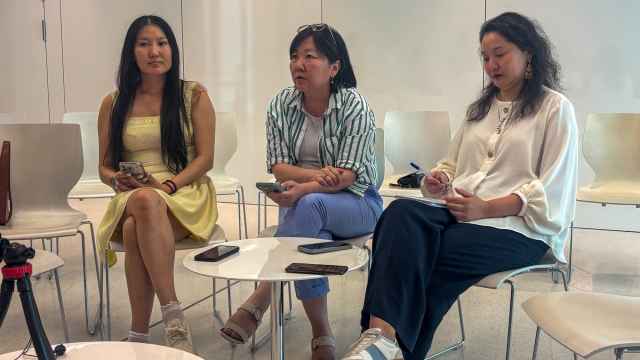The North Atlantic Treaty Organization's (NATO) biennial summit is to take place July 8-9 at Poland's National Stadium in Warsaw, with all 28 NATO members set to attend.
Dealing with Russia was a priority at the 2014 summit held in Wales and the issue is still likely to to be a main talking point in Warsaw.
The Moscow Times reviewed the key points that could be on the agenda in Warsaw.
1. Can NATO And Russia Be Friends?
In 2014, NATO resolved to produce action plans tackling Russian aggression in eastern Europe. These included the Readiness Action Plan, a plan to ensure more troops are posted in eastern Europe and that more forces are readily available in the event of a crisis.
Amendments to these plans will be discussed in Warsaw, as well as proposals to set up rotating forces of up to 4,000 troops stationed around eastern Europe. The measure will mean that NATO can bypass an agreement it has with Russia that stops it from permanently stationing troops in the region.
Separately, NATO will need to decide how it deals with Russia. NATO's Baltic state members in particular have traditionally viewed Russia with great suspicion, something that has only grown with recent actions in Ukraine. A lack of dialogue has heightened the perceived threat level on both sides.
2. Do the Biggest Threats Lie in the South or in the East?
Given the nature of NATO's size, not all members have the same priorities. While states in eastern Europe are concerned about Russia, those in southern Europe are more anxious about the dangers posed by the Middle East and northern Africa, such as Islamic extremism and failing states.
NATO will be asked to show that the organization is beneficial for all its members. Clarification of how to deal with organizations such as the Islamic State will be needed during the Warsaw Summit.
3. Can the U.S. Get Europe to Contribute More?
The U.S. wants other members in the alliance to share the burden of military spending. NATO wants its members to try to spend 2 percent of their GDP on defense. Many members will want to revise this system in Warsaw as it does not reflect the contribution of each country: Greece, has the second largest defense expenditures in terms of GDP, but their actual contribution is smaller than that of Britain and Germany. Separately, it will be hard to convince members who are not under any immediate threat to spend more on defense.
4. Can Russia Halt Expansion?
Montenegro is likely to be asked to join NATO. This will send a clear message to Russia that NATO refuses to accept a Russian veto against the right of free choice to form alliances. Integrating Montenegro should be relatively smooth as it has no immediate conflicts on the horizon.
This is not true of Ukraine and Georgia. If they become members and are attacked by Russia, the whole of NATO will have to respond. This is thanks to article five of the NATO agreement, which states that an attack on one member is an attack on all. Currently, NATO is keen to avoid any further conflict with Russia, so these nations are unlikely to join.
There is also a divide in opinion on how NATO's membership enlargement should continue to be understood. The United States views it as a continuous transformation to make the whole of Europe free, whereas countries such as Germany want to focus on improving the alliance's efficiency.
The Islamic State is a terrorist group banned in Russia.
A Message from The Moscow Times:
Dear readers,
We are facing unprecedented challenges. Russia's Prosecutor General's Office has designated The Moscow Times as an "undesirable" organization, criminalizing our work and putting our staff at risk of prosecution. This follows our earlier unjust labeling as a "foreign agent."
These actions are direct attempts to silence independent journalism in Russia. The authorities claim our work "discredits the decisions of the Russian leadership." We see things differently: we strive to provide accurate, unbiased reporting on Russia.
We, the journalists of The Moscow Times, refuse to be silenced. But to continue our work, we need your help.
Your support, no matter how small, makes a world of difference. If you can, please support us monthly starting from just $2. It's quick to set up, and every contribution makes a significant impact.
By supporting The Moscow Times, you're defending open, independent journalism in the face of repression. Thank you for standing with us.
Remind me later.


